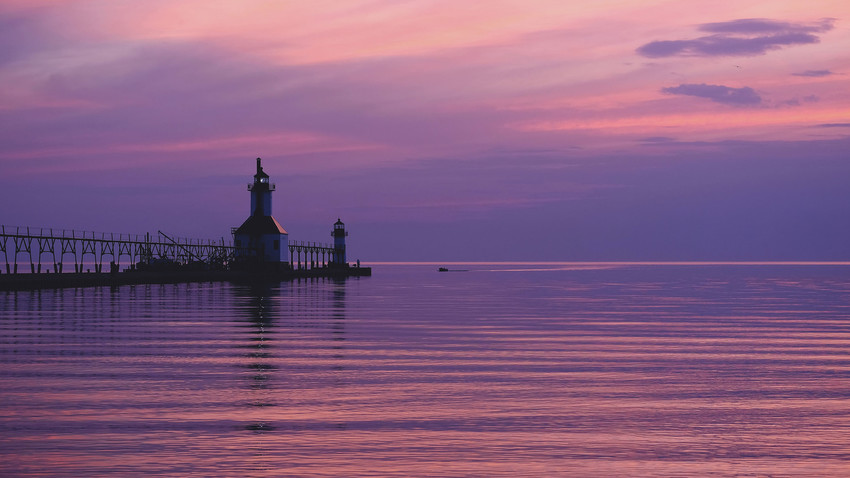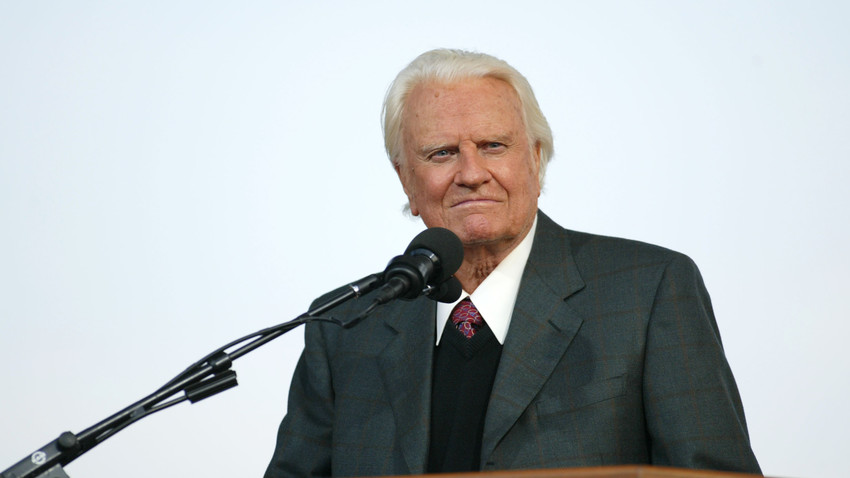Here are a couple of trending headlines to share with you before flying to Tokyo. In Japan right now trending up is the pollen count, but trending down are the children.
Japan's renowned cherry blossoms have been in glorious bloom now since April. But while the world revels in their stunning pink and white splendor, the economic impact on Japan is no trifling matter—$1.8 billion "because of pollen-induced allergies" (www.money.cnn.com/2018/05/04/news/economy/japan-hay-fever-economy/index....). According to Toshihiro Nagahama, chief economist with the Dai-Ichi Life Research Institute, "The damage comes in several forms. . . . Fewer people want to go out, which hits consumption, and workers suffering from hay fever take more sick days. Or if they do show up to work, they're less productive. And 2018 is looking like one of the worst years on record for hay-fever sufferers in Japan. The pollen count in some parts of the country has more than doubled compared with last year" (ibid.).
But trending down for the Land of the Rising Sun is the child count. According to The Japan Times: "The number of children in Japan fell for the 37th consecutive year to yet another record low, signaling that Prime Minister Shinzo Abe's efforts to combat the low birthrate are still wanting" (www.japantimes.co.jp/news/2018/05/04/national/number-children-japan-fall...). In fact comparing 32 countries with a population of 40 million or more, Japan is ranked the lowest in terms of the ratio of children (a child is defined as a person aged 14 or under) to overall population (12.3%). Lower birth rates are the harbinger of a dwindling work force and sagging economy. This past year Japan's child count dropped another 170,000.
In all candor the church in Japan faces a similar challenge. The number of "second birth" or "born again" members is dropping. And the outlook is glum. But "glum" is a human attitude, not a divine perspective. In fact I believe God's stunning YES CAN DO perspective for reaching and winning new children for His Kingdom in Japan (and throughout the world) is over the top! How else shall we explain John's vision of all the saved in heaven one day (we pray soon): "After this I looked and there before me was a great multitude that no one could count, from every nation, tribe, people and language, standing before the throne and in front of the Lamb. They were wearing white robes and were holding palm branches in their hands" (Revelation 7:9).
Did you catch that? The number of the redeemed from earth is so high no one can count it!
I say we take courage from this stunning portrayal of God's saving love for His lost earth children—He is going to save us by the tens of thousands of millions. And those numbers will include Japan!
So on the eve of my flying to Tokyo for the upcoming full-court press evangelistic series on the campus of Saniku Gakuin Adventist College (where 70% of the 201 students are non-Christian pagans, to put it bluntly)—I earnestly solicit your prayer partnership on behalf of all the evangelistic series and preachers across the islands of Japan this month. Put your finger on God's promise: "Therefore in the east [Land of the Rising Sun] give glory to the LORD; exalt the name of the LORD, the God of Israel, in the islands of the sea [Japan]" (Isaiah 24:15). "Sing to the LORD a new song . . . you islands, and all who live in them" (Isaiah 42:10). How the Savior longs for the day when Japanese voices will join that innumerable throng in singing the praises of our Redeemer and God!
Look—if the "pollen count" in Japan can go up, why can't the "pollen count" of the Holy Spirit and His contagious "everlasting gospel" go up as well! Of course it can—it must. So we must pray—pray as we have never prayed before for God's supernatural release of (1) the dark lord's iron grip upon that land and (2) Christ Jesus' penetration throughout that society. Let the ether be filled with His life-giving "pollen." And our prayers.
PS—for my (hopefully) daily reports on Japan please visit www.pmchurch.org/JapanJournal. Pray on.









